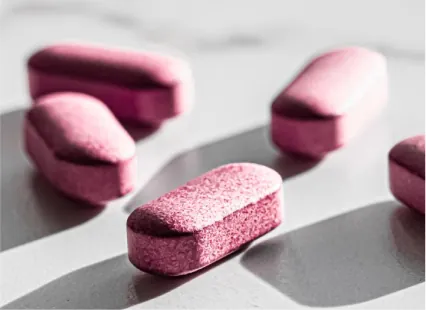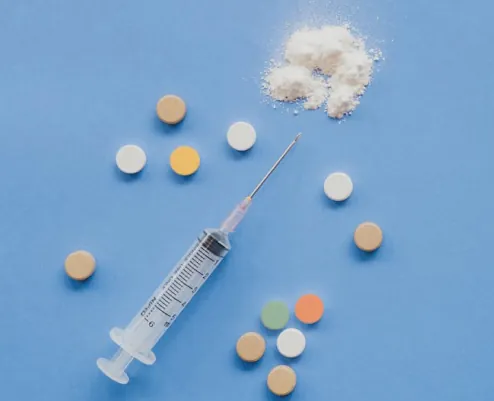Causes, Symptoms, Treatment, & Statistics
What is an overdose?
A drug or alcohol overdose is a serious medical event that occurs when a chemical substance is consumed in amounts greater then what is safe for the human body. When referring to an accidental overdose, the meaning is that the amount taken was unknowingly greater than the amount recommended, or an unsafe dosage. An intentional overdose occurs when the dosage taken was done so on purpose.
Causes
There are numerous reasons why and ways in which an overdose can occur. As mentioned above, some are accidental and others are intentional. Accidental causes include accidentally ingesting a substance without knowing and taking a greater dose than intended. Intentional overdose causes include a suicide attempt and knowingly taking a greater dose of a drug than was prescribed. Causes that may be intentional or accidental include mixing drugs, consuming a pre-tolerance dose, and taking a substance with higher purity than normal.
Common Overdose Drugs
As of 2017, opioids were the leading cause of accidental deaths in the U.S., surpassing car accidents. Synthetic opioids, such as fentanyl, have recently become the #1 leading cause of overdose deaths. However, there are a number of drugs most often connected with cases of overdose. These include:
- Adderall
- Alcohol
- Amphetamines
- Benzodiazepines
- Cocaine
- Crack cocaine
- Crystal meth
- Dextromethorphan (DXM)
- Ecstasy (MDMA)
- GHB
- Heroin
- Inhalants
- Ketamine
- Klonopin
- Methadone
- Morphine
- Opiates
- Oxycodone
- Painkillers
- PCP
- Prescription opioids
- Rohypnol
- Speed
- Xanax
Identifying a Drug & Alcohol Overdose
Being able to quickly recognize when an overdose is occurring is critical to preventing permanent consequences, such as permanent brain damage or death. Although symptoms may vary slightly depending on the individual’s circumstances and the substances used, the following are common signs of overdose and indications that immediate medical attention is required.
- Convulsions or seizures
- Paranoia
- Difficulty breathing
- Extreme drowsiness and/or loss of consciousness
- Coma
- Hallucinations
- Nausea
- Vomiting
- Significantly dilated or constricted pupils or unresponsive to light stimuli.
- Extreme perspiration
- Confusion
- Chest pain
- Severe stomach pain
- Tremors
- Weak pulse/heart rate
- Blue-colored skin and lips
What To Do In Response To An Overdose
In the event of a drug or alcohol overdose, the ability to react quickly and appropriately could mean the difference between life and death. If you believe you are witnessing an overdose, take the following steps:
- Contact emergency medical response immediately. If other people are around, ask someone else to make the call on your behalf.
- Follow the operator’s instructions. These will include providing your location and details on the overdosing individual’s status. You will also likely be asked to check for vital signs.
- If instructed and if certified, perform CPR. If you are not certified, ask if anyone else present is.
- As long as the individual is breathing, move them onto their side with caution. This is called the “recovery position” and can prevent choking if they vomit.
- Continue to monitor the condition of the individual until the emergency medical crew arrives.
Overdose Reversal Medication
Narcan, the brand name for Nalaxone, is a medication used to reverse the effects of an opioid overdose. Although the distribution of this medication has been controversial if it is available during an overdose event, use it! Be sure to read the instructions carefully and administer the medication as directed.
Overdose Recovery
The effects of an overdose on drugs or alcohol and how long it takes to recover can vary greatly depending on a wide array of factors. Some individuals make a quick and full recovery, whereas others experience permanent side effects. One study on overdose recovery found that consciousness returned after a day or two, but “the drug itself may not finally leave the brain for another one to three weeks”. The effects that the individual may be facing include:
- Brain damage
- Liver damage
- A heart attack, and consequently compromised heart health
- A stroke and associated neurological deficits
- A greater risk of future overdose
- Psychological trauma
Statistics on Drug & Alcohol Overdoses
- Over 67,300 Americans died from a drug-involved overdose in 2018.
- Deaths involving other synthetic narcotics other than methadone rose to more than 31,335 overdose deaths reported in 2018.
- Drug overdose deaths involving heroin, psychostimulants, cocaine, benzodiazepines, and antidepressants all rose significantly between 1999 and 1997.





